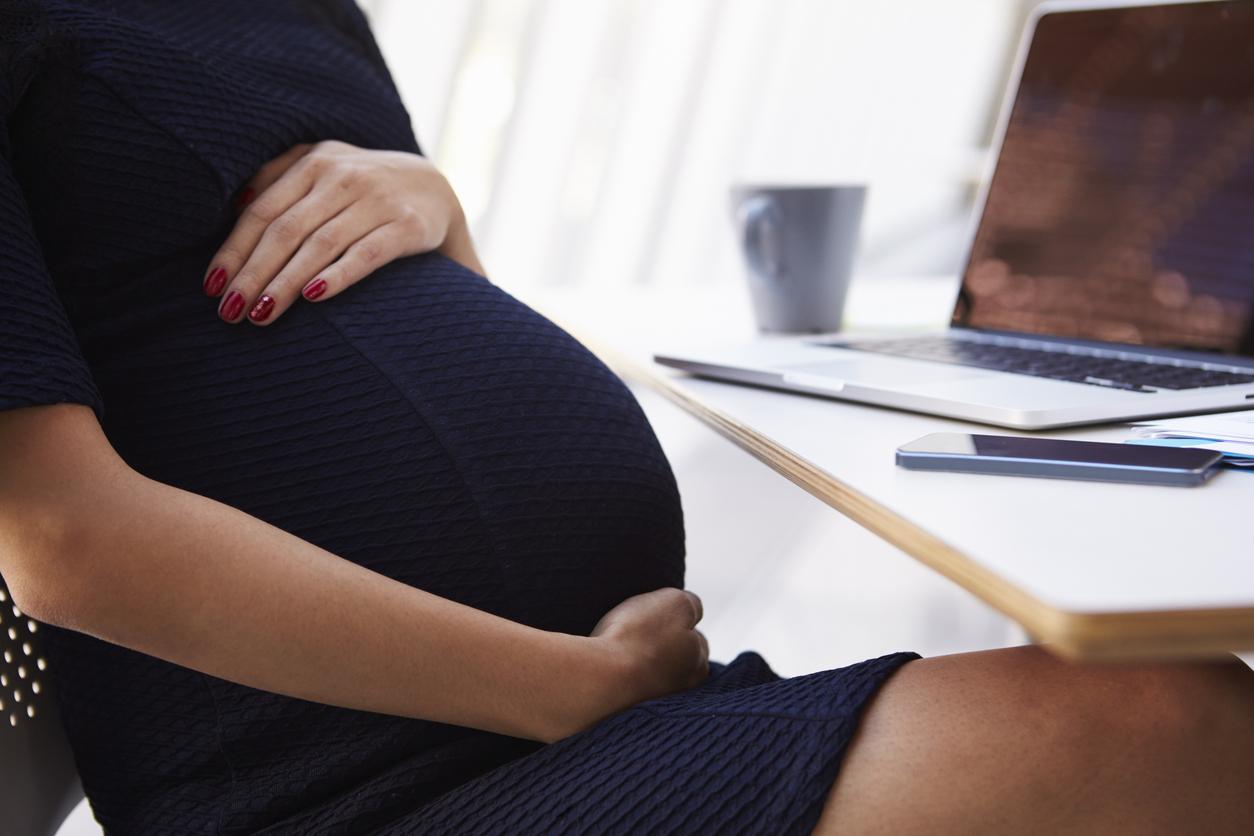Almost a fifth of parents forced into quitting their jobs due to ‘punitive’ childcare costs, study finds
‘We are limiting the potential of women and I find that scary. We hear stories of women who are doctors and teachers who are struggling,’ says campaigner

Almost a fifth of parents have been forced into quitting their jobs due to the extortionate cost of childcare in the UK, new research has found.
The study, conducted by campaign group Pregnant Then Screwed, found the costly price of childcare causes financial anxiety in 84 per cent of households.
Some 62 per cent said they have been pushed into working fewer hours due to the cost of childcare.
Researchers say it is predominantly women who bear the burden of childcare charges and this exacerbates the gender pay gap and “motherhood penalty”.
The study, which surveyed around 1,800 parents, comes after the Organisation for Economic Co-Operation and Development (OECD), found the UK has one of the most expensive childcare systems worldwide.
Aceil Haddad, a spokesperson for Pregnant Then Screwed, said: “I have two kids. One is two and a half and the other is 10 months. I spend over 50 per cent of my wages on childcare a month. While this has not stopped me from working because I am fortunate that my partner and I earn fairly well, it stops many others.
“The cost of childcare punishes women and the cost is crippling. There is no point going to work if it is going to cost you because of childcare. I speak to hundreds of women who cannot progress their careers because childcare is so expensive. They can’t find flexible work so are forced into low-paid, part-time work so that they have time to do childcare.
“This is the reason behind the gender pay gap. In most circumstances, if you are not working full-time, you have less access to pay promotions, career progression and even training in some cases. In most cases, you are seen as a liability and less committed if you work part-time. We are limiting the potential of women and I find that scary. We hear stories of women who are doctors and teachers who are struggling.”
Ms Haddad said anxiety over the cost of childcare causes “stress” on relationships – saying “financial pressure” is a “huge reason” why marriages and relationships end.
Joeli Brearley, founder of Pregnant Then Screwed, described the cost of childcare as “punitive” and said the current system was failing parents, childcare providers and childcare staff.
She added: “If we are to change the landscape for women, and parents, we need to provide properly subsidised childcare from nine-months-old. The government has introduced 30 hours’ ‘free’ childcare for from three years old, and tax-free childcare for employees. This is not enough and impacts not only the parents but childcare providers as they are unable to cover the cost of delivery.
“Women only get one year of maternity leave with only nine months paid, so there are two years that they either stay at home with the children because of the high cost of childcare or return to work with a huge bill hanging over them – with many reducing their hours in order to strike a balance.”
Single parent charity Gingerbread noted such parents were particularly reliant on “good quality childcare” to be able to work due to being both the “main carer and main earner”.
Faye Goldman, a director at Gingerbread, added: “For too many, it places a huge strain on their finances – with 41 per cent of working single parents struggling to meet their childcare costs last year. Until more support for childcare costs is effectively targeted towards parents on lower incomes, we will continue to see single parents locked out of good quality work and struggling financially.”
A Government spokeswoman said: “We are investing record amounts in childcare and early education, including around £3.5bn on our free early education entitlements this year alone – and 600,000 three and four-year-olds have benefited from a 30 hours place in the first two years of the delivery of the programme.
“Working parents are also benefiting from help with their childcare costs through Tax-Free Childcare and Universal Credit. We want to support early years providers in delivering high quality care and education, which is why we recently announced an extra £66m to increase hourly rates for the Government’s free hours offers for 2020-21.”
Join our commenting forum
Join thought-provoking conversations, follow other Independent readers and see their replies
Comments